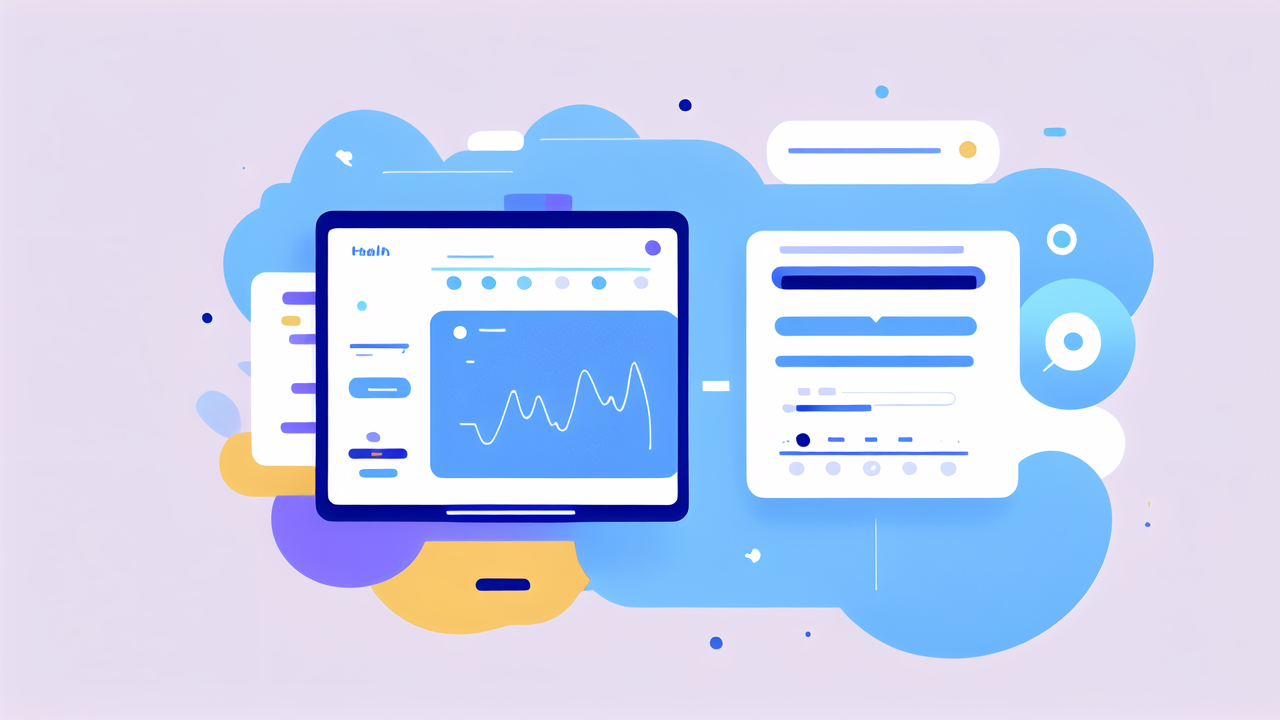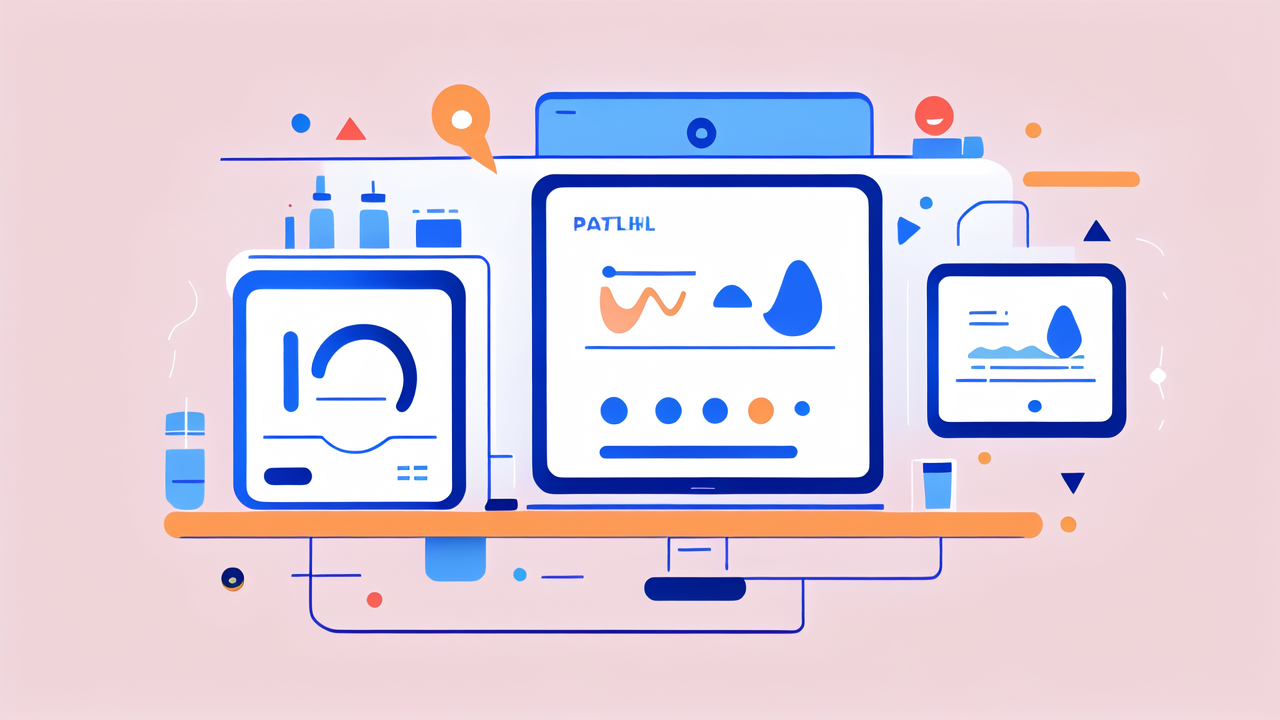The Rise of Smartwatch Technology in the Health Industry
Understanding the Smartwatch Evolution: From Gadget to Health Tool
Smartwatches have come a long way since their inception. They started as simple gadgets for telling time and checking notifications. Now, they're powerful health tools. These devices can track heart rate, sleep patterns, and even detect falls. The evolution has been rapid and impressive.

Early smartwatches focused on basic fitness tracking. They counted steps and estimated calories burned. Today's models offer much more. They can monitor blood oxygen levels, take ECG readings, and track stress levels. This shift has made smartwatches valuable for health monitoring.
The technology inside smartwatches has improved dramatically. Sensors are more accurate and battery life is longer. This allows for continuous health monitoring. Users can now get a complete picture of their health throughout the day and night.
The Impact of Wearable Tech on Personal Health Monitoring
Wearable tech, especially smartwatches, has changed how we approach health. It's made monitoring personal health easier and more accessible. People are now more aware of their daily habits and health metrics.
Smartwatches encourage users to be more active. They set reminders to move and track fitness goals. This has led to increased physical activity for many users. It's like having a personal health coach on your wrist.
These devices also help in early detection of health issues. They can alert users to irregular heart rhythms or low oxygen levels. This early warning system can prompt timely medical interventions. It's a game-changer for preventive healthcare.
Doctors are now using data from smartwatches to help diagnose and treat patients. This gives them a more complete view of a patient's health over time. It's changing the doctor-patient relationship and improving care.
Key Features of Smartwatches for Health Professionals
Advanced Metrics and Analytics for Improved Health Insights
Smartwatches offer a wealth of health data. They track metrics like heart rate variability and VO2 max. These advanced measurements give deeper insights into overall health and fitness levels.

Many smartwatches now offer sleep tracking features. They analyze sleep stages and quality. This data can help identify sleep disorders and improve sleep habits. It's a valuable tool for managing overall health.
The analytics provided by smartwatches are becoming more sophisticated. They can spot trends and anomalies in health data. This helps users and healthcare providers make informed decisions about health and treatment.
Some smartwatches can even detect signs of certain health conditions. For example, they might spot early signs of atrial fibrillation. This can lead to earlier diagnosis and treatment of serious health issues.
Integration Capabilities with Existing Health Systems
Smartwatches are increasingly able to integrate with existing health systems. They can sync data with electronic health records. This makes it easier for doctors to access and use patient health data.
Many hospitals and clinics are developing apps that work with smartwatches. These apps can help manage chronic conditions or track recovery after surgery. It's a new way to extend healthcare beyond the doctor's office.
Smartwatches can also connect with other health devices. They might sync with blood glucose monitors or smart scales. This creates a more complete picture of a person's health.
The integration capabilities are improving patient care. Doctors can get real-time updates on their patients' health. This allows for more timely and personalized treatment plans.
Enhancements in User Engagement and Compliance
Smartwatches make it easier for people to stay engaged with their health. They offer reminders and encouragement to meet health goals. This can improve compliance with treatment plans and lifestyle changes.
Many smartwatches use gamification to motivate users. They might offer badges or challenges to encourage healthy behaviors. This makes health monitoring more fun and engaging.
The constant presence of a smartwatch can increase awareness of health habits. Users are more likely to make healthier choices when they're tracking their metrics. It's like having a health conscience on your wrist.
Smartwatches can also send alerts for medication or appointment reminders. This helps improve compliance with treatment plans. It's especially useful for managing chronic conditions.
The Road Ahead: Trends and Predictions in Smartwatch Health Monitoring
Innovations on the Horizon for Smartwatch Technology
The future of smartwatch technology is exciting. We can expect to see even more advanced health monitoring features. Some watches might be able to track blood glucose levels non-invasively. This would be a huge breakthrough for diabetics.

Smartwatches may soon be able to detect more health conditions. They might spot early signs of Parkinson's disease or anxiety disorders. This could lead to earlier interventions and better outcomes.
We may see smartwatches with more specialized sensors. These could monitor things like hydration levels or vitamin D exposure. The goal is to provide a more complete picture of overall health.
Improved battery life is another area of focus. Longer-lasting batteries will allow for more continuous monitoring. This will provide even more valuable health data.
Addressing Challenges and Opportunities in the Health Sphere
As smartwatches become more advanced, there are challenges to address. Privacy and data security are major concerns. Companies need to ensure user health data is protected and used ethically.
There's also a need for more research on the accuracy of smartwatch health data. Studies are needed to validate their use in medical settings. This will help increase trust and adoption among healthcare providers.
Smartwatches present opportunities to improve public health. They could be used for early detection of disease outbreaks. They might also help track the spread of infectious diseases.
There's potential for smartwatches to reduce healthcare costs. By promoting prevention and early detection, they could lower the need for expensive treatments.
The Role of AI and Machine Learning in Future Smartwatch Developments
AI and machine learning will play a big role in future smartwatch developments. These technologies can analyze vast amounts of health data. They can spot patterns and predict health issues before they become serious.
AI could make smartwatches even more personalized. They might learn a user's habits and provide tailored health advice. This could make health monitoring more effective and relevant to each individual.
Machine learning could improve the accuracy of smartwatch sensors. It could help filter out noise and false readings. This would make the data more reliable for medical use.
AI-powered smartwatches might act as virtual health assistants. They could offer real-time health advice based on a user's data. This could help people make better health decisions in their daily lives.




Leave a comment
This site is protected by hCaptcha and the hCaptcha Privacy Policy and Terms of Service apply.